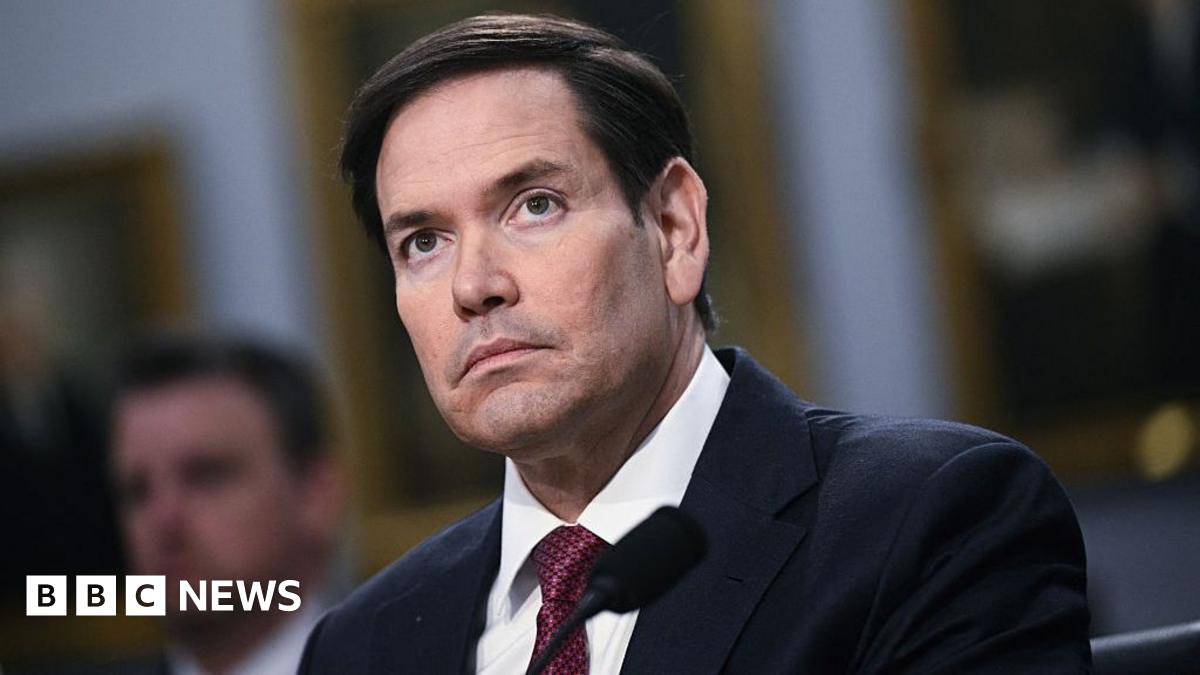CBS Reporter Breaks Silence: Did Editing of Kamala Harris '60 Minutes' Interview Influence Election?

The legal battle between Donald Trump and CBS News continues to escalate, centering around a contentious October 2024 '60 Minutes' interview with Vice President Kamala Harris. Now, a key CBS correspondent is stepping forward to address the controversy, sparking renewed debate over journalistic integrity and potential political manipulation.
Trump's lawsuit alleges that CBS selectively edited portions of the interview to portray Harris in a more favorable light, ultimately impacting the 2024 election. He claims the edits misrepresented her positions and obscured crucial details, misleading voters and unfairly influencing the outcome. The lawsuit seeks significant damages and aims to expose what Trump alleges is a deliberate attempt to sway public opinion.
The interview in question focused on a range of policy issues, including the economy, healthcare, and foreign affairs. Trump's legal team has presented specific examples of what they claim are misleading edits, arguing that they remove context and distort Harris's responses. They’ve provided evidence suggesting alternative versions of the interview existed, raising questions about the final product broadcasted on '60 Minutes'.
The CBS correspondent, in a recent statement, acknowledged the concerns surrounding the editing process but defended the network's journalistic standards. While stopping short of admitting any deliberate manipulation, the correspondent explained that editing is a necessary part of crafting a concise and engaging television segment. They emphasized the importance of brevity and clarity while presenting complex information to a wide audience. However, they also conceded that the editing process could, unintentionally, alter the nuance of Harris’s statements.
“We strive to present fair and accurate reporting,” the correspondent stated. “Editing is a core part of television production. Our goal is to distill complex topics into digestible segments while maintaining journalistic integrity. We are aware of the concerns raised and are committed to ensuring our reporting remains objective and unbiased.”
The correspondent also highlighted the challenges of conducting interviews with high-profile political figures, noting that candidates often carefully craft their responses and anticipate potential lines of questioning. They suggested that the editing process is sometimes necessary to navigate these complexities and ensure a balanced portrayal.
The controversy has reignited a broader discussion about the role of media in political campaigns and the potential for bias in news reporting. Critics argue that selective editing, even if unintentional, can have a significant impact on public perception and influence electoral outcomes. Supporters of CBS maintain that the network adheres to strict journalistic guidelines and that the lawsuit is a politically motivated attempt to undermine its credibility.
The lawsuit is expected to proceed to trial, where both sides will present evidence and arguments. The outcome could have significant implications for the media landscape and the relationship between news organizations and political figures. The case underscores the increasing scrutiny faced by news outlets in an era of heightened political polarization and distrust in the media. As the legal proceedings unfold, the public will be closely watching to see whether CBS can successfully defend its journalistic practices and refute Trump’s claims of manipulation, or whether the lawsuit will expose a deeper issue of bias within the network.






